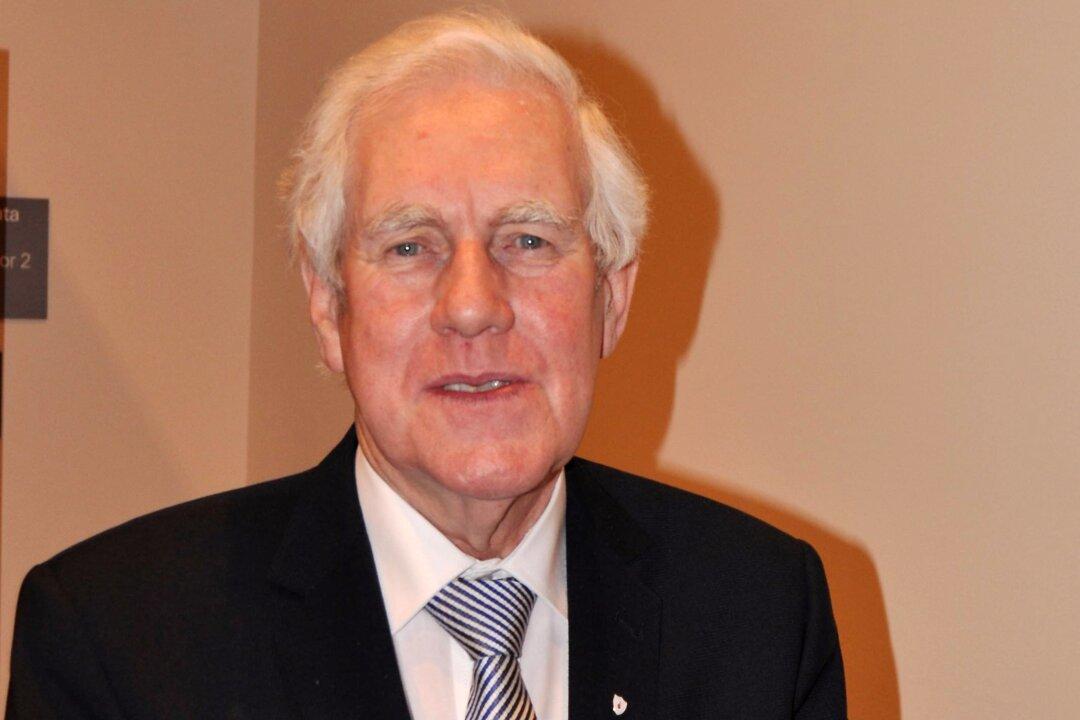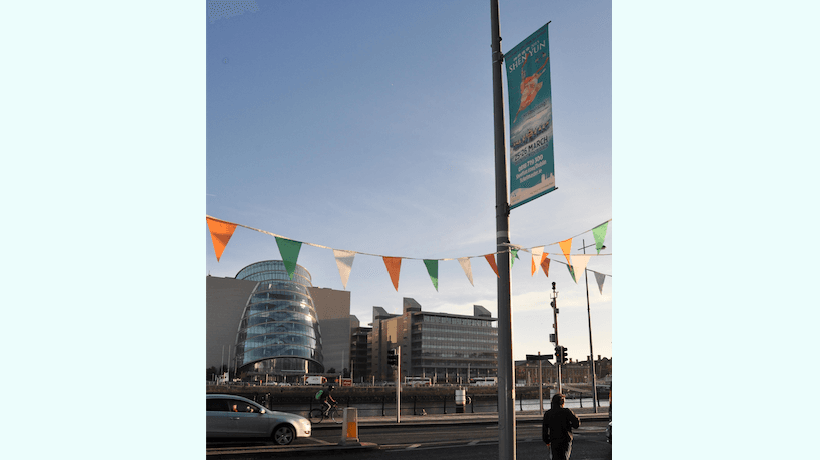When we hear the word counterfeiting we tend to think of criminal gangs printing bags of money. However, according to the Vice President of the European Commission Antonio Tajani, counterfeiting activities account for over 200 billion euro in losses for the world economy in the market for medicines, fashion goods, food products, car parts, electrical appliances, cosmetics and children’s toys, and it’s getting worse.
“They harm the European economy, as they damage legitimate business and starve innovation. And fake goods compete unfairly with genuine products, putting many jobs at risk in Europe,” says Tajani.
According to the European Union the problem of counterfeiting poses health and safety risks and “has become a major handicap to growth and employment.” In a bid to combat this new plight Tajani and Commissioner Michel Barnier, responsible for internal market and services, recently called upon European citizens to be aware of the risk of buying fake goods.
The latest EU campaign to raise awareness of counterfeiting and the impact it has on local business aims to promote closer co-operation between the European Commission, national authorities - including law enforcement agencies and customs - and consumers, producers and trade associations to stop the production and circulation of counterfeit goods and calls on all Europeans to “make a stand against fake products and buy original products.”
In Dublin, the Small Firms Association (SFA) has also been publicising the issue. Mr A J Noonan, Chairman of the SFA recently stated: “As the recession continues, the level of black market activity is increasing. When this activity reaches a point where it is impacting on jobs, legitimate businesses and society action must be taken.”
The ‘black economy operators’ are making increasing gains due to unfair competition and the situation is getting worse believes Mr Noonan. “The scope, scale and extent of the black economy is causing serious problems for small business, by diverting spend away from legitimate businesses and undermining the ability of government to collect taxes efficiently and effectively.
According to Noonan, “leakage to the black economy is now estimated to be as high as 14 per cent of GDP or half a billion euro each month is generated that the taxman does not have access to!”
The SFA is worried that the number of illegal transactions is growing which they believe poses “a very serious threat to the survival of many registered tax compliant businesses.”
“Due to the scale of the drain on the economy, attempts to tackle the problem are long overdue and given that sometimes controversial measures are necessary, a European initiative may be required,” said Noonan last week.
The SFA has also presented to the Joint Oireachtas on Jobs, Enterprise & Innovation, on the concerns regarding the black economy.
Noonan states: “Because of reduced overheads those who operate within the informal economy have huge competitive advantages and distort the operation of a competitive labour market. The SFA is urging the government to become committed to a solution to the growing problems that this activity creates for the small business sector.
“It is essential that all companies can compete on a level playing field and for the removal of what amounts to penalties for compliance through the proper enforcement of the regulations for dealing with those who operate outside the legitimate sector of business,” concluded Noonan.
Fake Products can also be Dangerous to Health
The European Commission has also raised its concerns over fake health products. The EU says that health products such as medicine and cosmetics can be dangerous and can do serious harm. “Medicines are tightly regulated for very good reasons: if citizens take a fake product they can do themselves serious damage. Unlike original medicines (including generic medicines), fake medicines can be made out of anything. Medical devices are also subject to forgery. Contact lenses and blood testers are just some of the products that have been imitated and sold on the Internet or even in normal shops.”
For more information on the European Commission’s anti-counterfeiting campaign:



